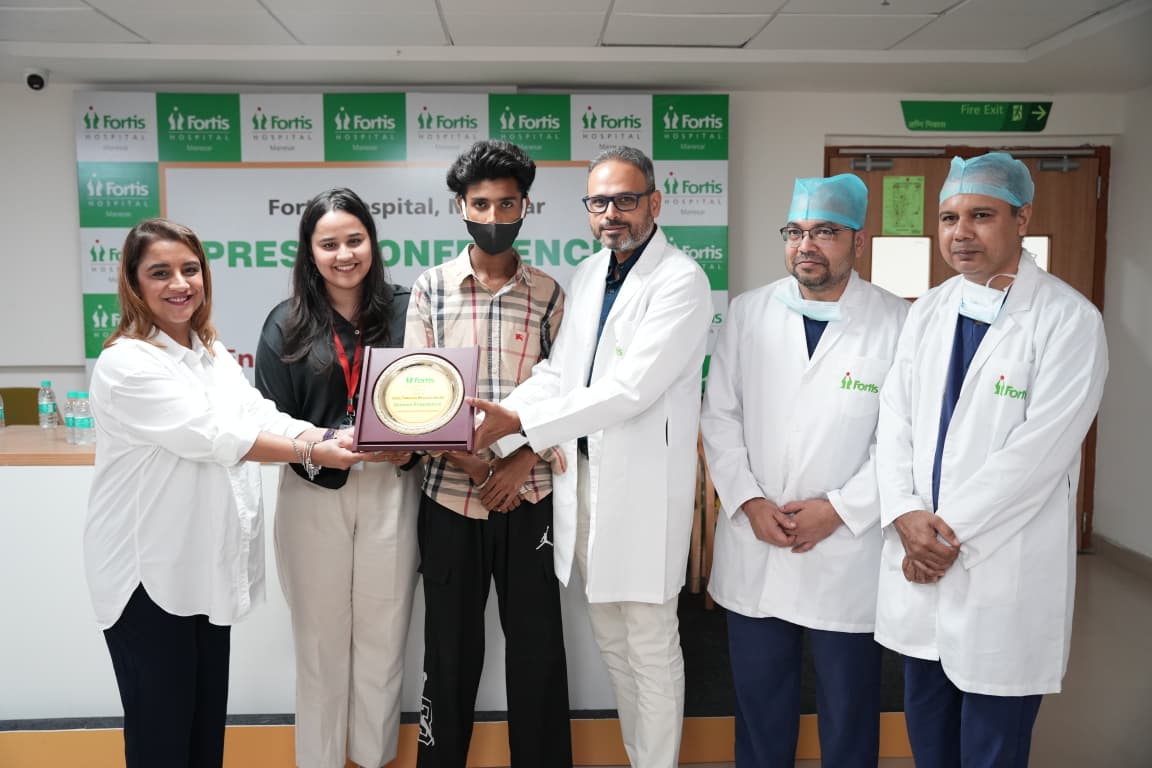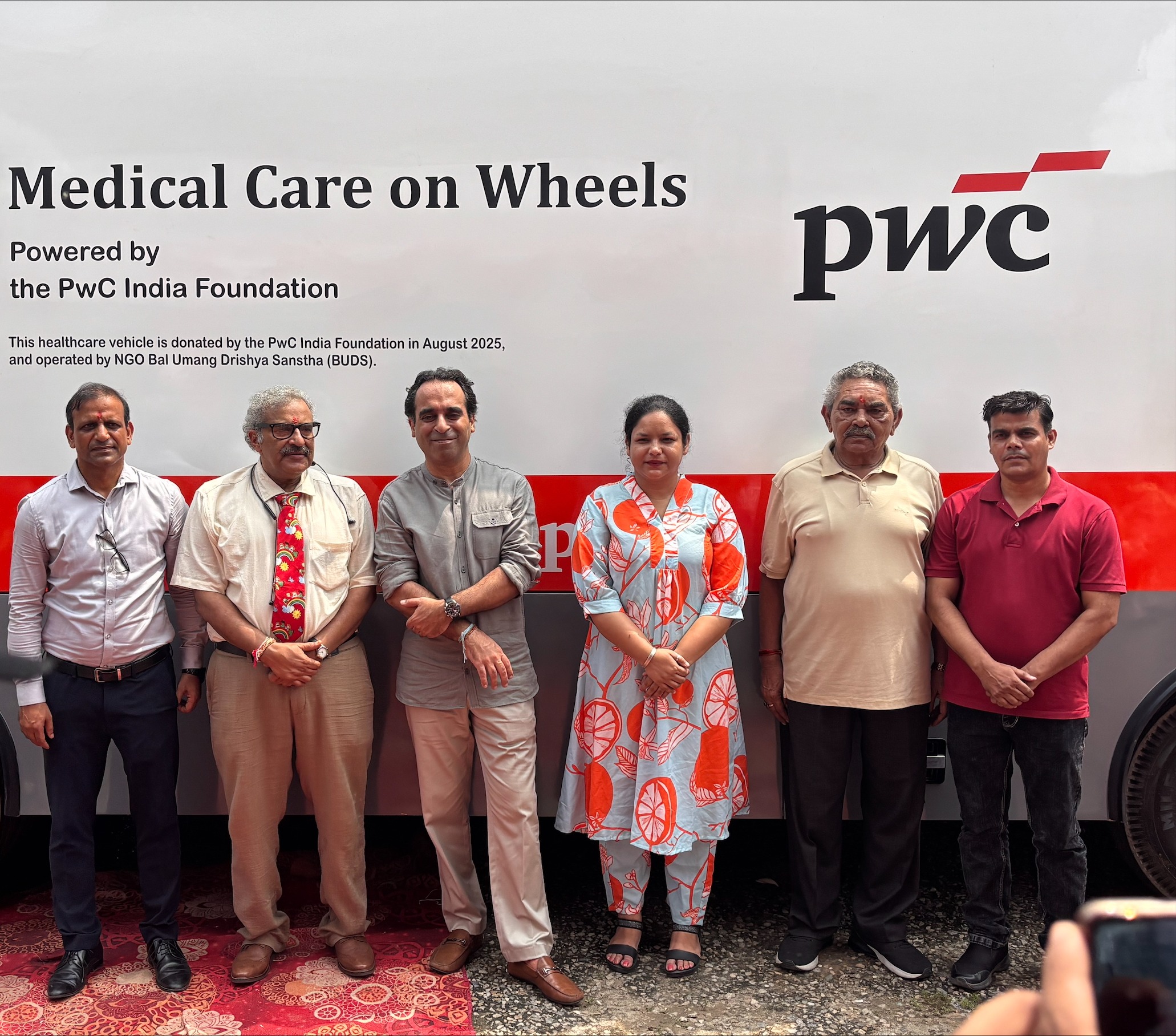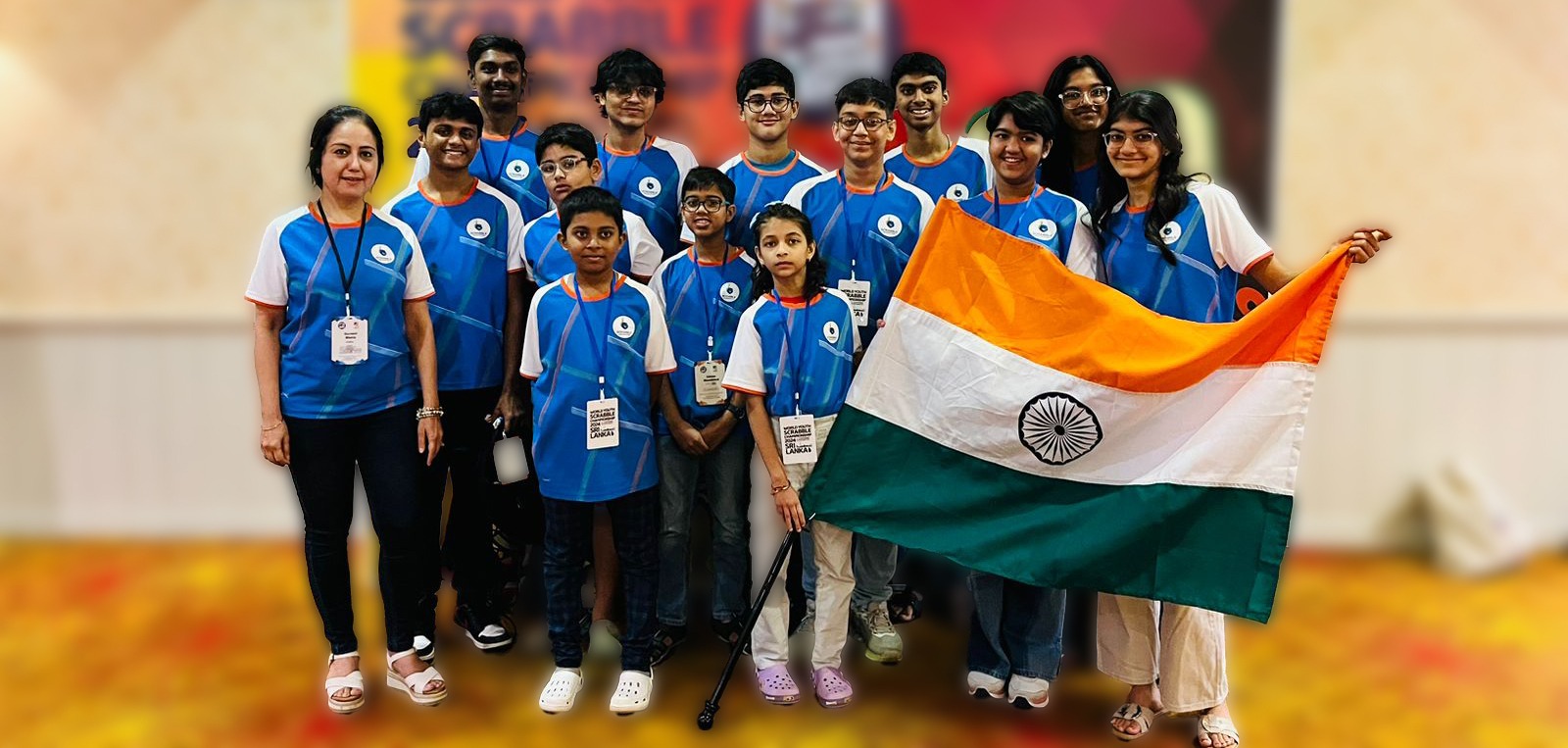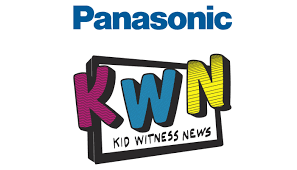Subscribe our Weekly Newsletter
Applications Invited for Resilient, Inclusive and Sustainable Environments (RISE) Grants challenge

Organization: IUCN (International Union for Conservation of Nature)
Apply By: 08 Sep 2025
Grant Amount: 100000 USD
About the Organization
IUCN (International Union for Conservation of Nature) is a membership Union of government and civil society organisations. Together, we work to advance sustainable development and create a just world that values and conserves nature.
About the Grant
The Resilient, Inclusive and Sustainable Environments (RISE) grants challenge is a first-of-its-kind granting mechanism that supports activities designed to address gender-based violence and environmental linkages in environmental and climate-related programmes and generate evidence on promising interventions.
The RISE grants challenge is led by IUCN with support from Norway, the Norwegian Agency for Development Cooperation, and is a direct response to a landmark study on gender-based violence and environment linkages by the International Union for Conservation of Nature (IUCN), commissioned by USAID through the Advancing Gender in the Environment (AGENT) partnership. With input from IUCN and diverse partners and peers, this first-of-its-kind grants mechanism was designed to fill knowledge, cooperation and investment gaps at the gender-based violence and environment nexus. In complement, IUCN launched the Gender-based Violence and Environment Linkages Center (GBV-ENV Center), which brings together resources and tools, mobilises learning, provides tailored technical support and forges collective action to build knowledge, capacities and improved policies. Since 2022, the RISE grants challenge has been managed and hosted by the IUCN, in conjunction with the GBV-ENV Center. In 2024, Norway joined the RISE grants challenge.
The 2025 RISE Call for Proposals is the sixth RISE grants challenge open call. A new cohort of RISE grantees will join the five previous cohorts, growing a community of practice and contributing to critical knowledge and strategies toward meeting interlinked global goals of eradicating gender-based violence and securing a healthy and peaceful planet.
Objective
The overarching purpose of the RISE grants challenge is to fund projects that address gender-based violence that is occurring within and linked to environment and climate-related sectors.
Scope
In 2025, the RISE grants challenge seeks to fund applications that embed gender-based violence risk mitigation in environmental projects working with or led by communities within and/or around marine and/or terrestrial Indigenous-managed lands, protected areas, and lands conserved using other effective area-based conservation measures (OECMs).
While gender-based violence prevention and response measures can be included as complementary activities, the RISE grants challenge in 2025 seeks to fund applications that focus on gender-based violence risk mitigation.
The RISE grants challenge encourages applications to also deliver improved rights-based, gender-responsive, socially inclusive conservation, climate action and sustainable development outcomes. In 2025, we continue to be interested in intersectional approaches that include or emphasise vulnerable groups such as Indigenous women, environmental defenders, youth, LGBTQIA+ individuals and women and girls who are underrepresented and marginalised in their communities, among others.
Eligibility
Eligible countries in 2025
Eligible applicants
- Non-governmental organisations (NGOs);
- Grassroots, local and community-based organisations (CBOs), including women, and youth-led organisations;
- Civil society organisations (CSOs);
- Indigenous Peoples’ Organisations (IPOs);
- Women-owned/women-led enterprises;
- Faith-based organisations (FBOs);
- International non-governmental organisations (INGOs);
- Intergovernmental organisations (IGOs);
- Universities and other academic institutions that are NOT publicly funded;
- Research institutes and think tanks;
- Private sector companies (international, regional, national, local) (for-profit organisations must clearly demonstrate that the proposed project pursues strictly non-profit objectives and does not generate any income);
- Consortiums, partnerships and other already existing forms of collaboration;
- Organisations that are members of IUCN and/or others with track record improving environment outcomes; and
- Organisations that have previously applied for and/or received RISE funding (these applicants must specifically articulate how another grant builds on the learnings and results of the first).
Partnership and collaborations
- The RISE grants challenge requires partnerships between environmental organisations, gender and GBV-expert organisations, Indigenous Peoples’ Organisations, local communities and/or relevant experts. Lead applicants must partner with no more than two organisations. Please note that governments and public entities are not eligible as partners, but they can be engaged as project stakeholders.
Local presence
- The applicant must already have a presence in the country where the activities are proposed, OR be a local organisation, OR have a duly registered local partner that meets the requirements for consortia and partnerships. It is preferred that at least one of the partners is a grassroots, locally-led organisation; that is, local people and institutions who possess the capability, connectedness and credibility to drive change in their own countries and communities. IUCN will require supporting documentation to demonstrate legal status to operate where the intervention is taking place.
Thematic responsiveness
- Proposals must address the scope, purpose and objectives of the RISE grants challenge, which are defined in section 3 of the Call for Proposals. Additionally, the RISE grants challenge requires interventions that meet the programmatic requirements in section 4.5 of the Call for Proposals.
Operational and administrative capacity
- Eligible applicants must have sufficient capacity to allow for professional and timely implementation of proposed projects. Applicants will be asked to answer some initial due diligence questions as part of their application.
Language
- Applicants must submit their proposal in English. Hand-written documents will not be accepted.
- The primary working language for the RISE grants challenge and related trainings and cohort peer learning is English.
SEAH policy
- In accordance with IUCN’s Policy on the Protection from Sexual Exploitation, Sexual Abuse and Sexual Harassment, IUCN will “encourage its partners involved in IUCN-related activities to abide by this Policy or adopt policies and procedures that are consistent with this Policy, with the purpose of safeguarding against SEAH in IUCN-related activities” (IUCN, 2019). Applicants to RISE will be expected to either have SEAH policies and procedures – or to include their development as part of their RISE activities – in order to be in compliance with IUCN.
Self- and collective care
- Self and collective care is an important strategy for ensuring the well-being of those working on gender-based violence. RISE applicants have an ethical responsibility to do no harm and mitigate risks to the psychological well-being and safety of staff. RISE applicants will be expected to incorporate structures or frameworks to strengthen broader efforts to support staff, such as spaces for learning and discussing stress and trauma, or flexible work arrangements and leave policies for mental health as a part of their proposals and budgets.
How to Apply
Deadline: 08 September 2025
For more information please check the Link
Join us for the 12th Edition of India CSR & ESG Summit 2025 | Register Now
Latest Online Store
Latest Tenders And EOIs
Latest News
© Renalysis Consultants Pvt Ltd



























